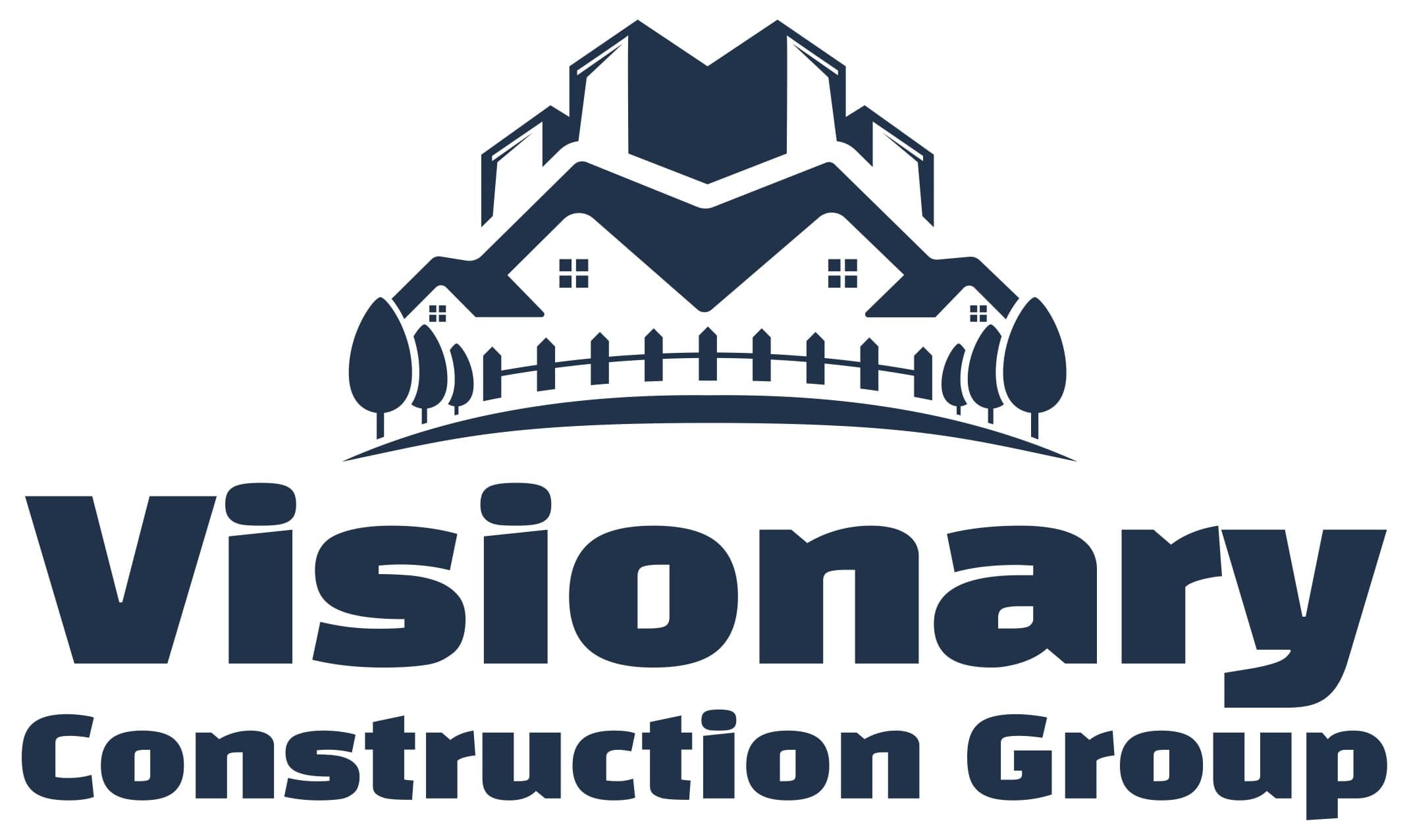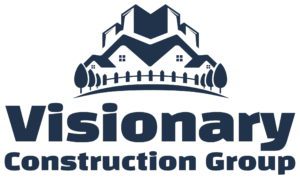Construction projects, whether large or small, can quickly become overwhelming if not managed properly. There’s a lot to handle, from keeping track of budgets and timelines to coordinating between different teams. But what if there was a way to simplify the process and take the stress out of construction? That’s where stress-free project management comes into play. This guide will explore how effective project management can make your construction experience smooth and hassle-free.
Why Project Management is Crucial in Construction
At the heart of every successful construction project is solid project management. It’s the glue that holds everything together, ensuring that all aspects of the project are coordinated and aligned with your goals.
The Complexities of Construction Projects
Construction projects are inherently complex. They involve multiple teams, tight deadlines, and countless details that must come together seamlessly. Even a minor oversight can lead to significant delays or cost overruns without effective management.
The Role of a Project Manager
A project manager acts as the conductor of the construction orchestra, ensuring that every player knows their part and performs on cue. They oversee the entire project from start to finish, managing schedules, budgets, communication, and quality control. They aim to deliver a project that meets or exceeds your expectations—on time and within budget.
Benefits of Stress-Free Project Management
So, what exactly does stress-free project management entail, and how can it benefit your construction project?
Ensuring Timely Project Completion
One of the main benefits is that it helps ensure your project is completed on time. A good project manager will create a detailed schedule, monitor progress, and adjust as needed to keep everything on track. This proactive approach minimizes delays and keeps the project moving forward.
Maintaining Budget Control
Staying within budget is another critical aspect of project management. A project manager tracks expenses closely, finds cost-saving opportunities, and prevents budget overruns by addressing issues before they escalate.
Enhancing Communication Between Stakeholders
Effective communication is critical to any successful project. Your project manager will facilitate clear and consistent communication between all stakeholders, including you, the contractors, and other parties involved. This ensures everyone is on the same page and that decisions are made quickly and effectively.
Critical Components of Effective Project Management
Effective project management isn’t just about keeping things organized; it’s about strategically planning and executing each project phase to ensure success.
Detailed Planning and Scheduling
Detailed planning is the foundation of any successful construction project. A project manager will develop a comprehensive plan that outlines every step of the project, from start to finish. This includes creating a realistic timeline that accounts for potential delays and setting milestones to track progress.
Risk Management and Mitigation
Construction projects are fraught with risks from unexpected weather, supply chain issues, or unforeseen site conditions. A project manager will identify potential risks early on and develop mitigation strategies. This proactive approach helps prevent minor problems from becoming significant setbacks.
Quality Control and Assurance
Maintaining high standards of quality is crucial in construction. Your project manager will implement quality control measures at every project stage, ensuring that the work meets the required specifications and that any issues are addressed promptly.
How Technology Simplifies Construction Project Management
Technology is crucial in simplifying construction project management in today’s digital age. The right technology, from software to collaboration tools, can make all the difference.
Project Management Software
Project management software is a powerful tool that helps streamline the entire process. It allows project managers to plan, schedule, and track progress in real time, ensuring everything stays on track. Many software options also offer features like budget tracking, document management, and task assignments, making it easier to manage complex projects.
Real-Time Collaboration Tools
Collaboration tools enable real-time communication and collaboration between all parties involved in the project. Whether it’s sharing updates, discussing changes, or resolving issues, these tools ensure that everyone is informed and that decisions are made quickly.
Data Analytics for Informed Decision-Making
Data analytics is becoming increasingly important in construction project management. By analyzing data from past projects, project managers can make more informed decisions, predict potential challenges, and optimize the construction process. This data-driven approach leads to more efficient and successful projects.
The Importance of Communication in Project Management
Communication is the cornerstone of effective project management. With it, even the best-laid plans can go smoothly.
Establishing Clear Communication Channels
Establishing clear communication channels from the outset is essential. Your project manager will determine how to keep everyone informed through regular meetings, email updates, or project management software. Clear communication ensures that everyone knows what’s happening and what’s expected of them.
Regular Updates and Progress Reports
Regular updates and progress reports are crucial for keeping the project on track. Your project manager will provide these updates, highlighting any issues that need to be addressed and ensuring that the project stays aligned with your goals. This transparency builds trust and helps prevent surprises down the road.
Handling Client Expectations
Managing client expectations is a crucial aspect of stress-free project management. Your project manager will work closely with you to understand your vision and ensure it’s realized throughout construction. They’ll also guide you on what’s feasible, helping you make informed decisions that lead to a successful outcome.
Case Studies: Successful Stress-Free Project Management
To illustrate the benefits of stress-free project management, let’s look at a few case studies where effective management made all the difference.
Case Study 1: On-Time Delivery of a Commercial Build
In this case study, a commercial building project was delivered on time despite tight deadlines and unexpected challenges. The project manager’s proactive approach to scheduling and risk management ensured that the project stayed on track, leading to a successful and timely completion.
Case Study 2: Residential Project Completed Under Budget
A residential construction project was completed under budget thanks to effective cost-control measures. The project manager identified cost-saving opportunities early on and monitored expenses throughout the project, resulting in significant savings for the client.
Case Study 3: Overcoming Challenges in a Tight Deadline
In this scenario, a project with an extremely tight deadline faced several unexpected challenges, including supply chain delays and inclement weather. The project manager’s ability to adapt quickly and find solutions ensured the project was still completed on time without compromising quality.
Choosing the Right Project Management Partner
Selecting the right project management partner is crucial to achieving a stress-free construction experience. Here’s what to look for.
What to Look for in a Project Manager
When choosing a project manager, consider their experience, track record, and approach to communication. A good project manager should have a proven history of successfully managing similar projects and be someone you can trust to keep your project on track.
Questions to Ask Potential Partners
Before committing to a project manager position, ask them about their approach to risk management, how they handle communication, and their experience with projects like yours. These questions will help you gauge whether they’re the right fit for your needs.
The Long-Term Benefits of Professional Project Management
Investing in professional project management pays off in the long run. Not only does it ensure a smoother construction process, but it also leads to higher-quality results, fewer delays, and a project that stays within budget. A good project manager can save you time, money, and stress—making your construction experience positive.
Conclusion
Stress-free project management is not just a luxury; it’s a necessity for any successful construction project. A good project manager can transform a stressful experience into an enjoyable journey by simplifying the process, enhancing communication, and proactively managing risks. Whether you’re embarking on a minor renovation or a large-scale build, choosing the right project management partner is the key to achieving your vision quickly and confidently.
FAQs
How can project management reduce construction stress?
Project management reduces construction stress by organizing and coordinating all aspects of the project, ensuring everything runs smoothly, and addressing issues promptly.
What tools are essential for construction project management?
Essential tools for construction project management include project management software, real-time collaboration tools, and data analytics platforms, all of which help streamline the process and improve decision-making.
How do I choose the right project manager for my construction project?
To choose the right project manager, look for someone with relevant experience, a strong track record, and excellent communication skills. Ask about their approach to managing risks and keeping projects on schedule and within budget.






